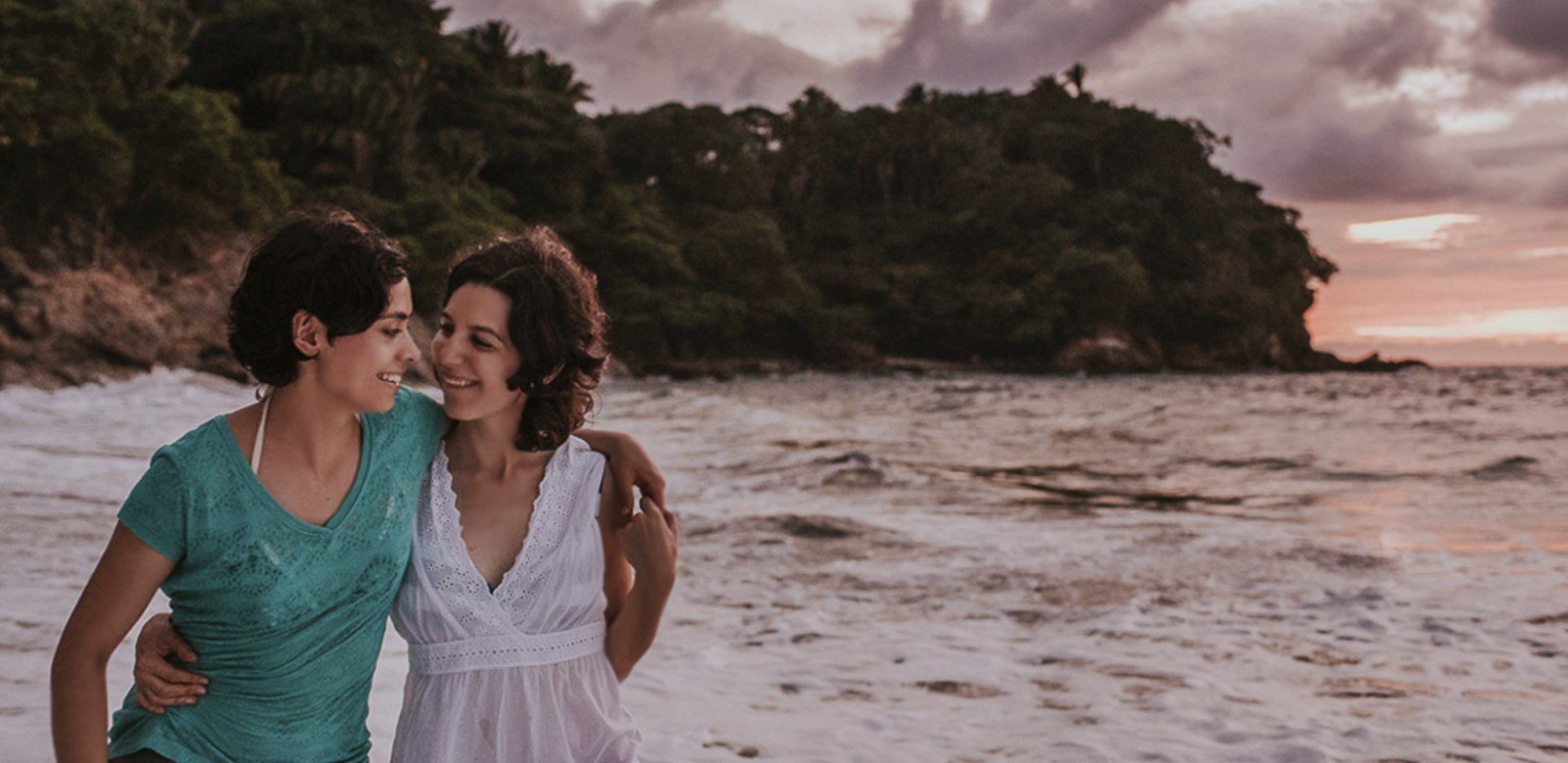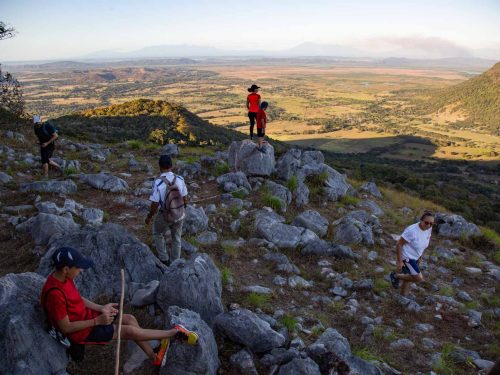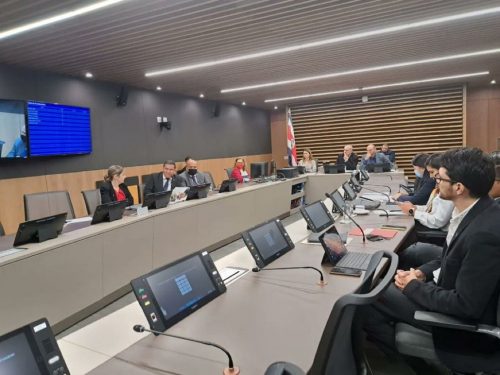
The head of statistics at Nicoya’s regional health service, Jorge Ruiz, remembers the boom after receiving a request for social security from a same-sex couple in 2015.
Although today in Nicoya there is only one insured same-sex couple, asking for this insurance no longer upsets or embarrasses government workers.
“The process for a same-sex couple to get insurance for their partner is exactly the same as it is for a heterosexual couple,” said Ruiz.
Read also: What is life like for a gay couple in Guanacaste?
According to statistics provided by the Costa Rica Social Security System (in Spanish, CCSS, also known as the Caja), there are 92 same-sex couples in Guanacaste that receive family benefits.
This means that anyone who pays into the Caja through their employment can also add their partner to the insurance so that he or she can get medical attention and medicine from pharmacies, just like any other benefit from the CCSS.
The CCSS has insured 779 same-sex couples in Costa Rica through the first trimester of 2017.
The Voice of Guanacaste tried to speak with one of the 92 insured couples, but they declined due to privacy reasons. Additionally, the CCSS is not authorized to reveal names of insured individuals; this is confidential information.
Read also: Guanacaste timidly raises its own gay-pride flag
According to Tannia Tánchez, director of the Nicoya regional health service, administrative and medical personnel at the Ebais and hospitals also receive periodic training on how to treat people with different sexual orientations.
How Are Gay Couples Insured?
After reforms to the CCSS’s Health Insurance Regulations, it has been legal in Costa Rica for gay or lesbian couples to insure their partners since 2014.
The couple must prove that they have lived under the same roof for three years. To demonstrate this union, they will need the certification of two witnesses. These witnesses must be local leaders such as members of the development association, police officers, or members of cantonal committees.
The insured person also must demonstrate that their partner is economically dependent on him or her and that they don’t have another source of income. The employee does not need to have a minimum salary level; they just have to pay into the Caja.
The couple must also fill out a form that can only be obtained at affiliation offices at Caja medical centers. Lastly, they have to wait for a resolution to see if the insurance was approved.
In order to avoid that could arise from a breakup, the form includes a sworn declaration in which the contributor affirms that he or she will give the benefits until the insurance card expires, which is usually after three years. In other words, the insurance cannot be revoked earlier.







Comments